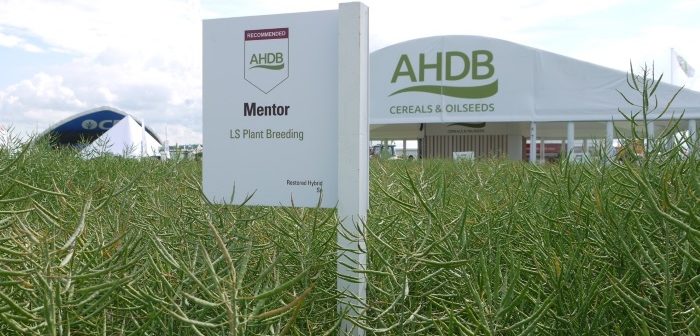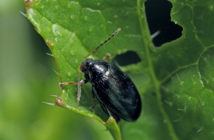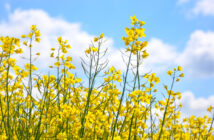Clubroot is an increasing problem in oilseed rape crops throughout the UK, and has been exacerbated by too-close rotations. It is even more of an issue in Scotland – where previous mixed farming plus high rainfall increases the risk – and is now seen in areas of England.
“Yield losses can be substantial – over 50% of potential in affected crops – and severe infections can even lead to the crop being abandoned,” warns Craig Padley, head of oilseed and pulse breeding with LS Plant Breeding Ltd (LSPB).
“Key symptoms are wilted or stunted plants in hot, dry weather as the galls on roots formed by the clubroot pathogen, Plasmodiophora brassicae, affect normal root function, reducing water and nutrient uptake. Large root galls on the taproot mean that root function is seriously impaired. As the gall decays, spores are released back into the soil where they can persist in soils for at least 15 years.”
Growers in at-risk areas should investigate patches of poor growth at this time of year and regard it as routine to get soils tested for clubroot and pH and use the results to plan their cropping strategy.
As general good practice, oilseed rape crops should be in rotation with cereals and pulses – with rotations of one year in five or more as optimal.
Mr Padley points out that Mentor is the only variety on the 2017/8 AHDB Recommended List of Winter oilseed rape for both the East/West and North regions resistant to common strains of clubroot, where it has a ‘Specific Recommendation’ – and it is the latest in a line of resistant varieties from LSPB – with further improved lines in current UK trials.
Mentor is a medium-early maturing variety with good seed yield combined with high oil content to give high gross output. Agronomic characters are that it has good stem stiffness and resistance to lodging and is of medium height.
Mentor may, however, be infected by some strains and infections that have been reported in some fields, so over-reliance in close rotations should be avoided.
“For all oilseed rape growers, I would stress that prevention is even better than cure and too-close rotations of oilseed rape should be a thing of the past for all responsible growers,” adds Mr Padley.



